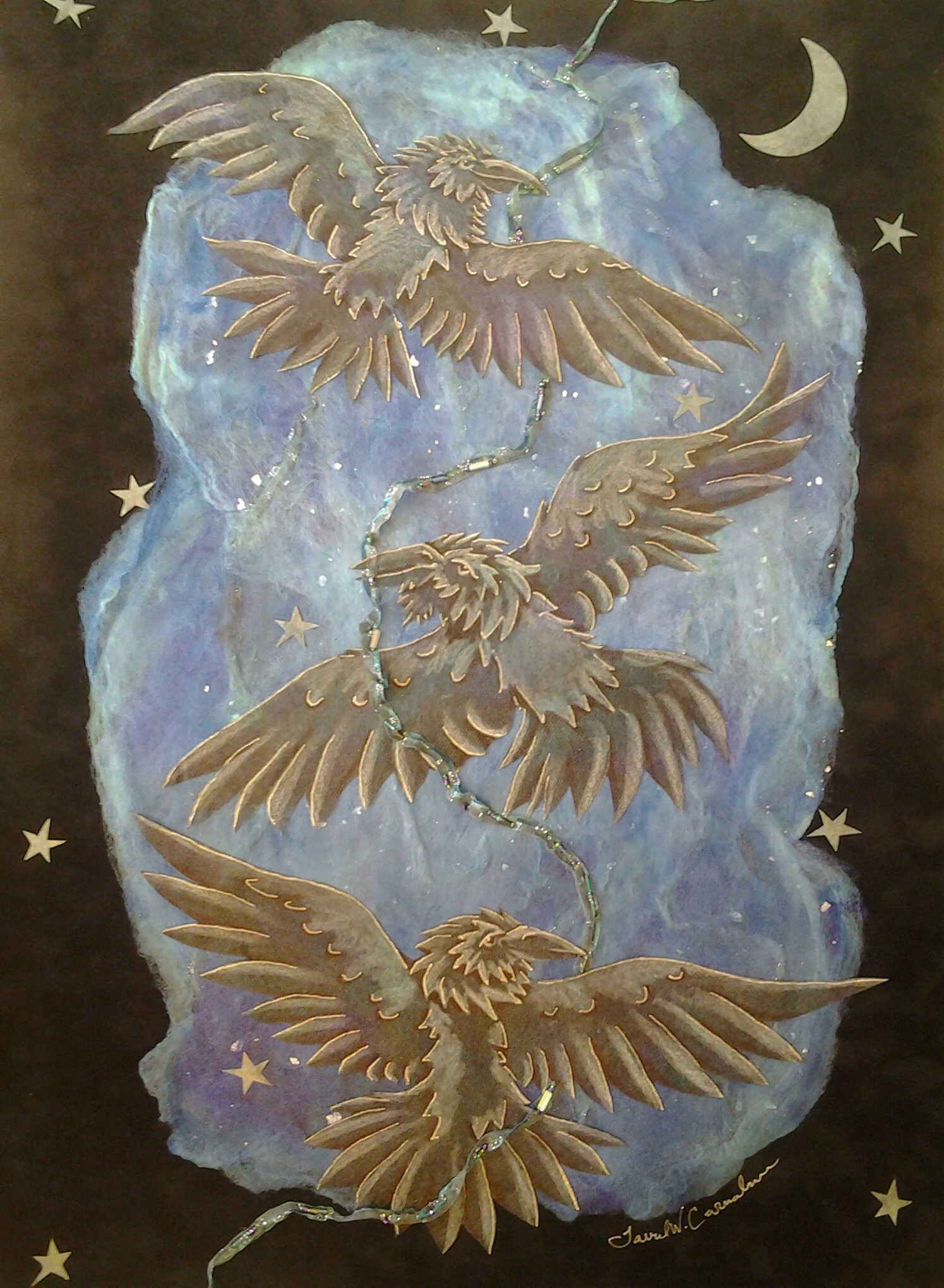Friday Question: Educating Providers
Beyond the most basic asexuality 101 stuff, what is the one thing you most want medical, therapeutic, and other kinds of care and support providers to understand? - What are you worried won't be included in education efforts, or expanded upon enough to be fully understood? - What are your worries with regard to survivors being put in the spotlight by the wider ace community? What can you do to feel more safe during these discussions? - Do you have any suggestions to add to a list of additional reading materials to give out to providers? - What are some ways that you can educate your own providers that might feel safe(r) for you?







